Hands-On Deep Learning Architectures with Python. Create deep neural networks to solve computational problems using TensorFlow and Keras Yuxi (Hayden) Liu, Saransh Mehta
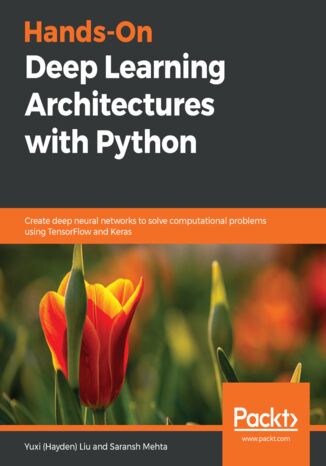



- Autorzy:
- Yuxi (Hayden) Liu, Saransh Mehta
- Wydawnictwo:
- Packt Publishing
- Ocena:
- Stron:
- 316
- Dostępne formaty:
-
PDFePubMobi
Opis
książki
:
Hands-On Deep Learning Architectures with Python. Create deep neural networks to solve computational problems using TensorFlow and Keras
Hands-On Deep Learning Architectures with Python explains the essential learning algorithms used for deep and shallow architectures. Packed with practical implementations and ideas to help you build efficient artificial intelligence systems (AI), this book will help you learn how neural networks play a major role in building deep architectures. You will understand various deep learning architectures (such as AlexNet, VGG Net, GoogleNet) with easy-to-follow code and diagrams. In addition to this, the book will also guide you in building and training various deep architectures such as the Boltzmann mechanism, autoencoders, convolutional neural networks (CNNs), recurrent neural networks (RNNs), natural language processing (NLP), GAN, and more—all with practical implementations.
By the end of this book, you will be able to construct deep models using popular frameworks and datasets with the required design patterns for each architecture. You will be ready to explore the potential of deep architectures in today's world.
Wybrane bestsellery
Yuxi (Hayden) Liu, Saransh Mehta - pozostałe książki
Packt Publishing - inne książki
Dzięki opcji "Druk na żądanie" do sprzedaży wracają tytuły Grupy Helion, które cieszyły sie dużym zainteresowaniem, a których nakład został wyprzedany.
Dla naszych Czytelników wydrukowaliśmy dodatkową pulę egzemplarzy w technice druku cyfrowego.
Co powinieneś wiedzieć o usłudze "Druk na żądanie":
- usługa obejmuje tylko widoczną poniżej listę tytułów, którą na bieżąco aktualizujemy;
- cena książki może być wyższa od początkowej ceny detalicznej, co jest spowodowane kosztami druku cyfrowego (wyższymi niż koszty tradycyjnego druku offsetowego). Obowiązująca cena jest zawsze podawana na stronie WWW książki;
- zawartość książki wraz z dodatkami (płyta CD, DVD) odpowiada jej pierwotnemu wydaniu i jest w pełni komplementarna;
- usługa nie obejmuje książek w kolorze.
Masz pytanie o konkretny tytuł? Napisz do nas: sklep@helion.pl
Książka drukowana






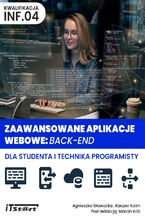
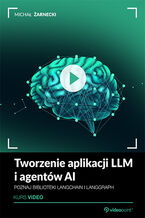
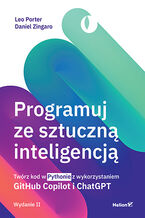




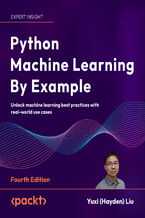

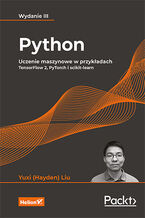
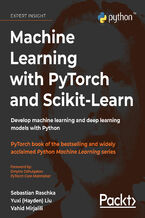
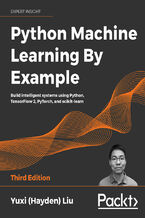
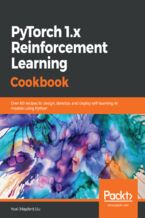
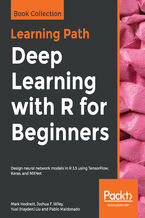
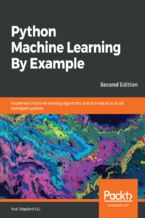
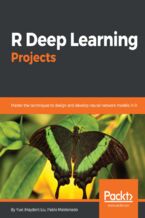
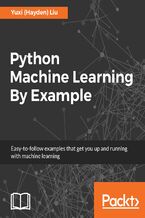





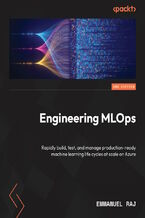
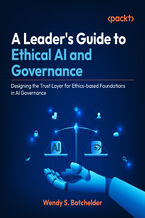
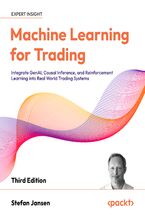
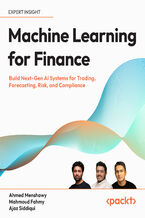
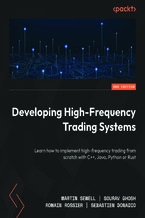
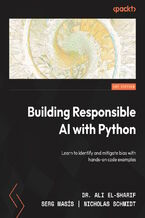
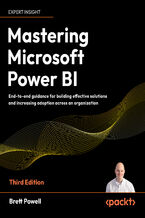
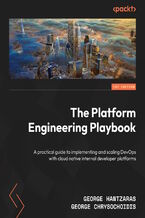
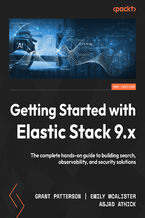
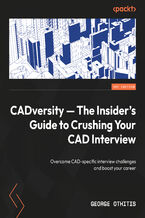



Oceny i opinie klientów: Hands-On Deep Learning Architectures with Python. Create deep neural networks to solve computational problems using TensorFlow and Keras Yuxi (Hayden) Liu, Saransh Mehta
(0)